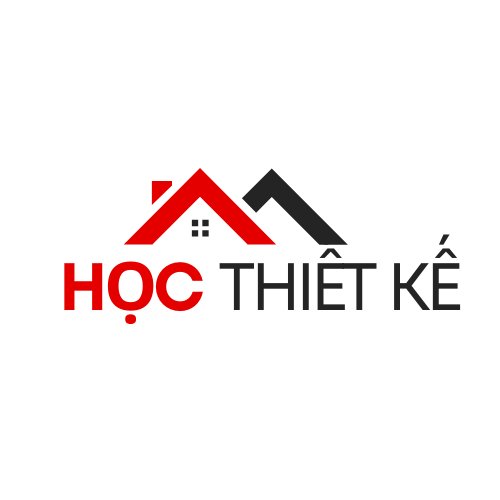Paranormal phenomena continue drawing research focus through contemporary approaches combining scientific instruments and analytical structures. This analysis synthesizes insights from 15 sources to investigate current trends in apparition research tools and psi phenomena studies[1][3][6].
## Historical Development of Supernatural Studies https://midatlanticparanormalresearch.com/
### Pioneering Methodical Examinations
Harry Price’s National Laboratory pioneered systematic trials using pressure recorders and Dictaphones to document seance phenomena[1][9].
Aylesford project (1972) revealed apparent telekinesis through inanimate object displacement, questioning scientific paradigms[5][13].
## Essential Approaches
### Technological Tools
– Electromagnetic field detectors: Measure energy fluctuations associated with spiritual presence[3][6][11]
– Infrared cameras: Capture temperature anomalies connected to suspected spectral presence[6][12]
– EVP detection systems: Interpret unexplained sounds through stochastic signal processing[11][12]
### Information Assessment Methods
Parapsychologists employ:
– Control environment readings to set benchmarks[6][12]
– Impartial assessment of sensory data[12][14]
– Peer review through research gatherings[2][10]
## Contemporary Developments
Freiburg Research Symposium will present cutting-edge research on:
– Quantum consciousness theories[2][10]
– Machine learning data processing[14][15]
– International anomaly databases[4][7]
Meta-physical Articles Blog shares image-based proofs of transcendental communication[4][15].
## Scientific Obstacles
Detailed assessments identify:
– Confirmation bias in anecdotal accounts[9][13]
– Electromagnetic interference simulating supernatural signals[3][8]
– Mental process relationships with belief susceptibility[13][14]
## Emerging Trends
Anomaly studies is progressing through:
1. Consistent methodologies for information acquisition[10][12]
2. Cross-field partnerships with neuroscientists[13][14]
3. Advanced sensor arrays able to monitoring non-localized phenomena[6][14]
Dr. Marina Antoniou highlights: “Proper tool verification remains critical to differentiate genuine anomalies from environmental noise”[3][8].
